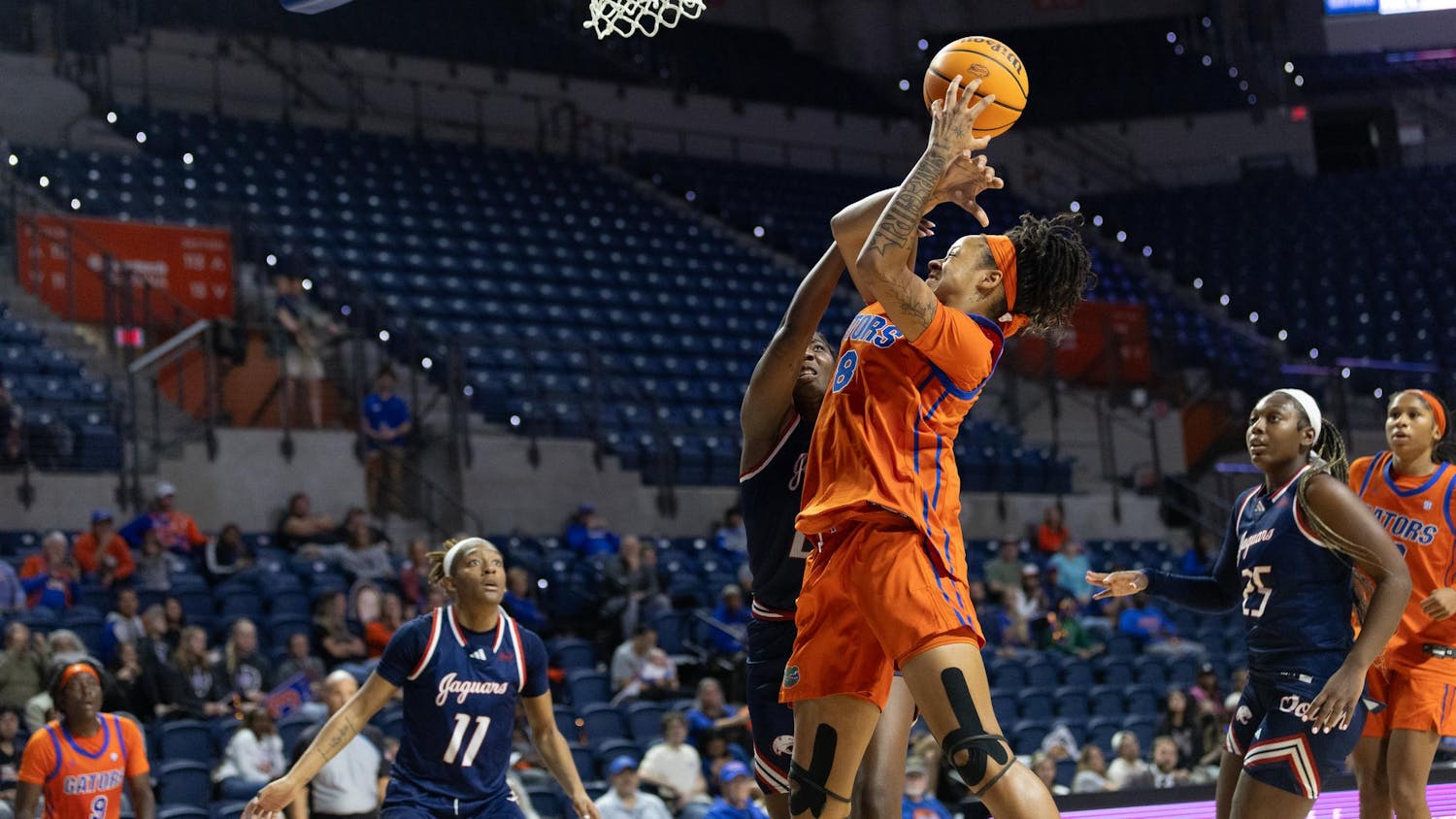Lately, Latin America has seen a lot of drama — the impeachment of Brazilian President Dilma Rousseff, the Mexican president’s Twitter duel with Donal Trump. But thankfully, there’s some good news, too.
Last week, a peace accord was finally announced between the Colombian government and the Revolutionary Armed Forces of Colombia (FARC) after nearly 52 years of armed conflict. The final approval of the agreement will be left to the Colombian people, who will vote for or against the accord Oct. 2. The peace would mark a historic milestone, as the Colombian conflict is the oldest and only current armed conflict in the Western Hemisphere.
The deal, which has been four years in the making, would give de facto amnesty to FARC militants (many of whom are guilty of kidnapping and murder) in exchange for the relinquishing of arms to the United Nations, as well as public hearings between FARC members, victims and prosecutors. In return, FARC would also receive legitimate political representation, including 10 seats in the Colombian congress.
However, approval of the accord is far from certain. Recent polls show numbers as close as 29 percent voting “no” and 32 percent voting “yes” on the peace deal. Clearly, many are not pleased with the agreement, including some in the Colombian government. Former President Alvaro Uribe, for example, denounced it as a “thick mantle of impunity” for FARC militants. Others who oppose the deal fear that some of the 7,000 FARC members might reject the deal and continue to wage war either by themselves or by joining the lesser guerilla group, the National Liberation Army (ELN).
There has been a history of failed peace in Colombia. In 1985, FARC founded the party Unión Patriótica, a party that was intended to integrate FARC and other forces into the political process. However, many members of the UP were assassinated by paramilitary groups, and the party’s legal status was rescinded in 2002.
So why on earth should we be confident about the current situation, you may ask?
It is important to point out that at the time of the agreement that led to the creation of the UP, the Colombian government was extremely weak, and the intensity of the civil war was such that the agreement could not be properly enforced.
The Colombian government today is stronger, and the FARC and other paramilitary groups are far weaker. Furthermore, there have been other examples of guerrilla movements making peace with governments elsewhere in Latin America, such as in Argentina, Uruguay and El Salvador.
This is why I’m confident in the prospect of peace. There is no doubt the agreement will have serious obstacles. Reintegrating FARC into society, preventing vigilante justice against former FARC members and, above all, guaranteeing the safety of the Colombian people will not be simple tasks.
I feel the U.S. will need to serve an important role not only in funding education and integration programs, but also in assisting the democratic transition that may occur as a result of the peace deal.
The conflict in Colombia has been long and painful. At least 220,000 have been killed and millions displaced since it began in 1964, and Colombian society is still plagued by grudges and memories of murdered loved ones.
If we want to see an end to violence in Colombia, however, the Colombian people will have to move on from this bloody chapter and vote in support of the peace accord. Likewise, if citizens approve the deal — and if the voting process goes smoothly — the Colombian government needs to ensure it has the upper hand to restore order if FARC decides to violate the agreements. Ultimately, this comes down to whether the good people of Colombia are willing to give peace a chance. Let’s hope they are. The world could really use some good news right now.
Julian Fleischman is a UF political science and telecommunication senior. His column appears on Fridays.





